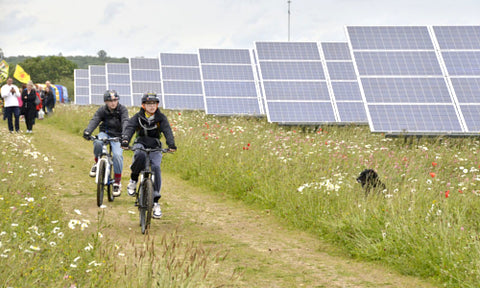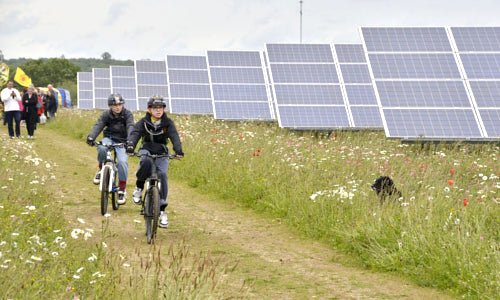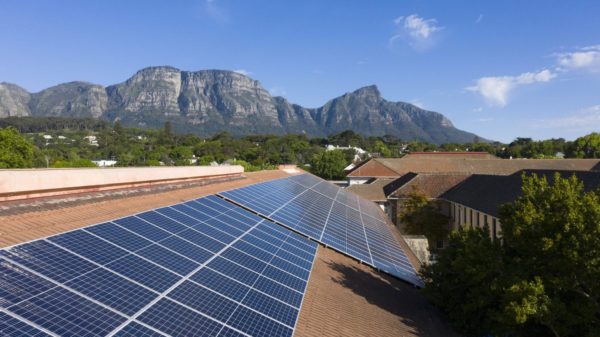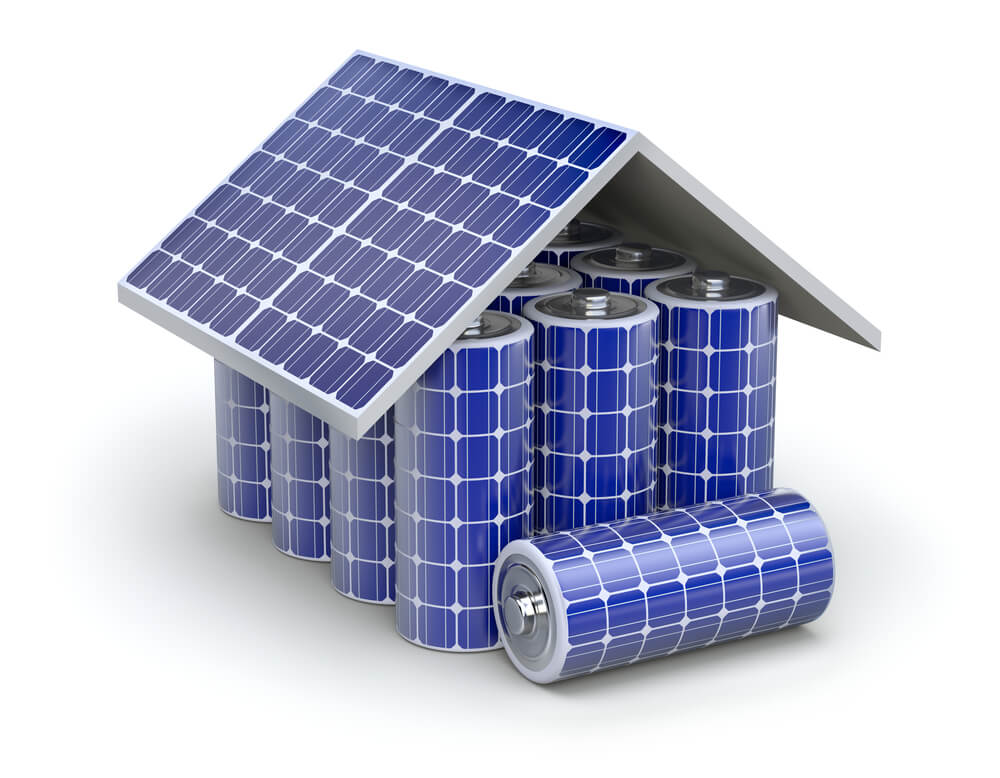
In solar adoption, there is power in numbers. Joining together with other people who also want to go solar can result in saved money through the bulk purchase of solar technologies. That’s the logic behind solar cooperatives, or co-ops.
A solar co-op is made up of individuals, businesses, or both, partnering up to meet their shared energy needs and typically receiving bulk discounts. This is not to be confused with community solar, which is defined as any solar project or purchasing program in which the benefits of a single solar array or project flow to multiple customers. Community solar is a great option for people who rent their homes, live in condo buildings, or don’t have a suitable roof. Co-ops, on the other hand, are a good option for Americans who want the benefits of installing rooftop solar arrays but are concerned about upfront installation costs and “soft costs” like permitting. You can join a solar co-op to get a rooftop installation on your home or business.
“Imagine any sort of home renovation project. How great would it be if you were, say, remodeling a kitchen or putting in new cabinets, and you could benefit from the support of both experts and neighbors as you’re enjoying the addition to your home? I think that’s the benefit of the solar co-op process.”
That’s how Ben Delman, communications director at Solar United Neighbors, likes to describe the unique features of solar co-ops. Over the past 12 years, his organization has helped approximately 6,000 families use their combined buying bower to go solar through co-ops, with more than 49,000 kilowatts of solar power installed. In addition to Solar United Neighbors, there are several other organizations that facilitate solar co-ops, like Solarize and Solar Crowd Source. Solar co-ops enable members to easily learn about all aspects of solar in partnership with their fellow co-op members.
Here are some of the most common benefits of using a solar co-op:
- Responsive to local needs – Solar co-ops provide members peace of mind because they’re not going through the process alone. Co-ops respond to the needs of the community, working with municipal governments to streamline and improve permitting processes.
- Affordability – Similar to community solar projects, acting together as a group can help save homeowners money in attracting competitive bids from solar installers.
- Flexibility – Solar co-ops are free to join and have no binding commitments. There’s even some geographic flexibility, as members don’t necessarily have to live in the same neighborhood. Many co-op regions span multiple counties and grow large enough to attract interest from several solar installers.



